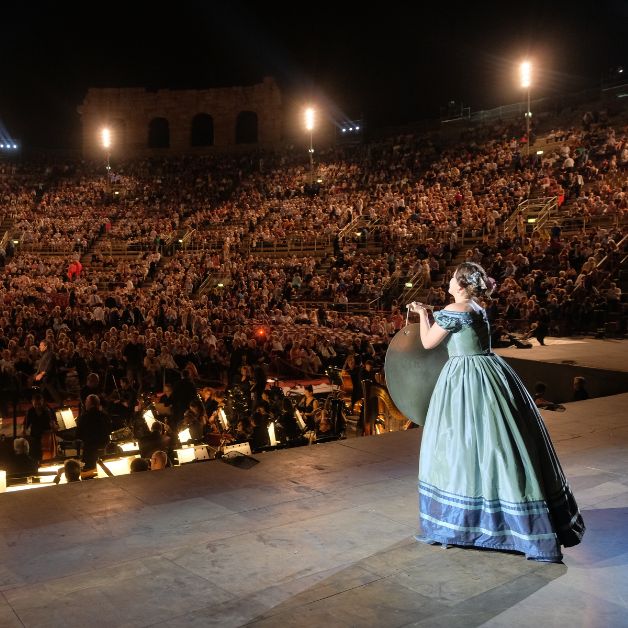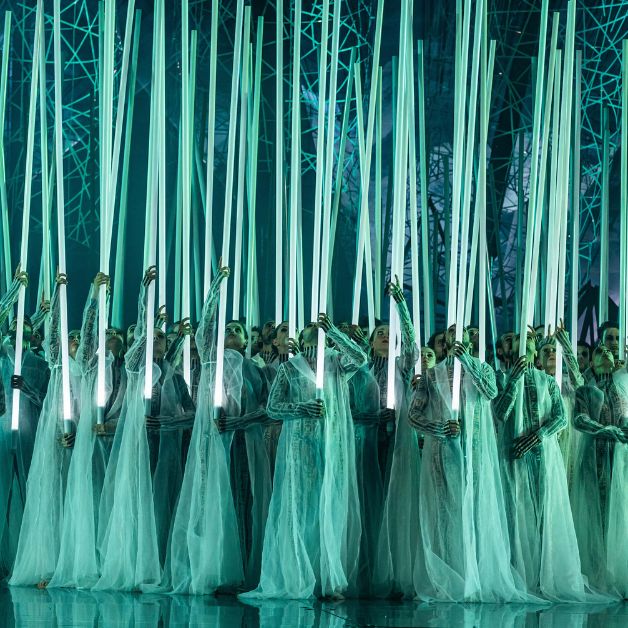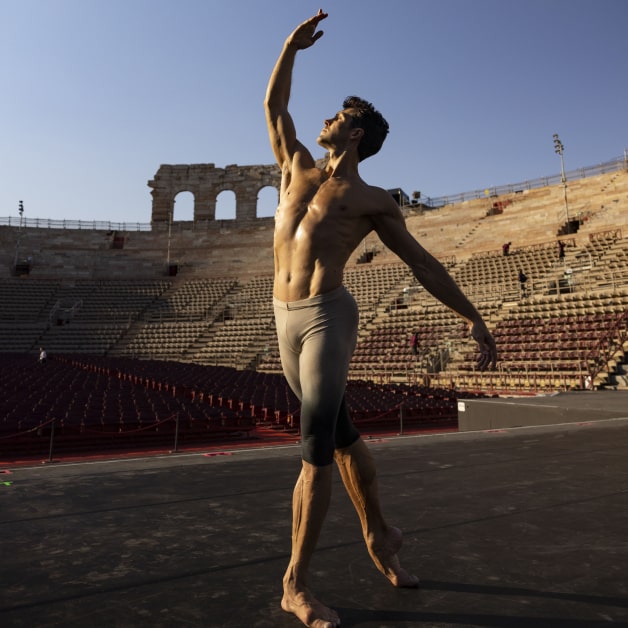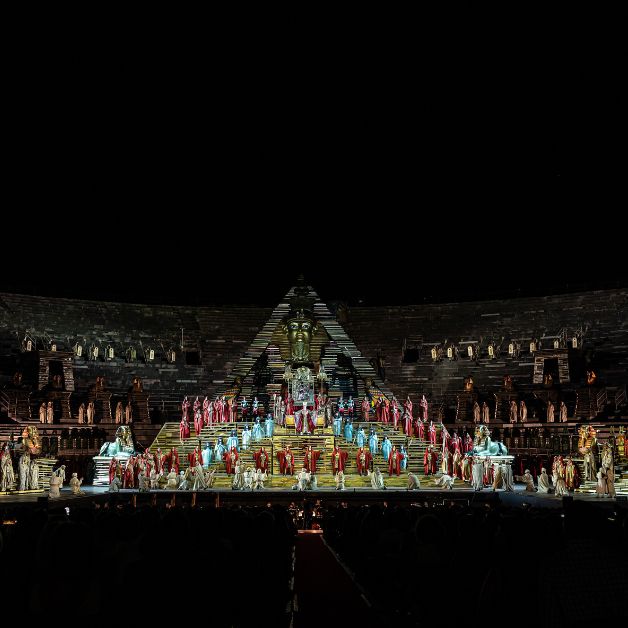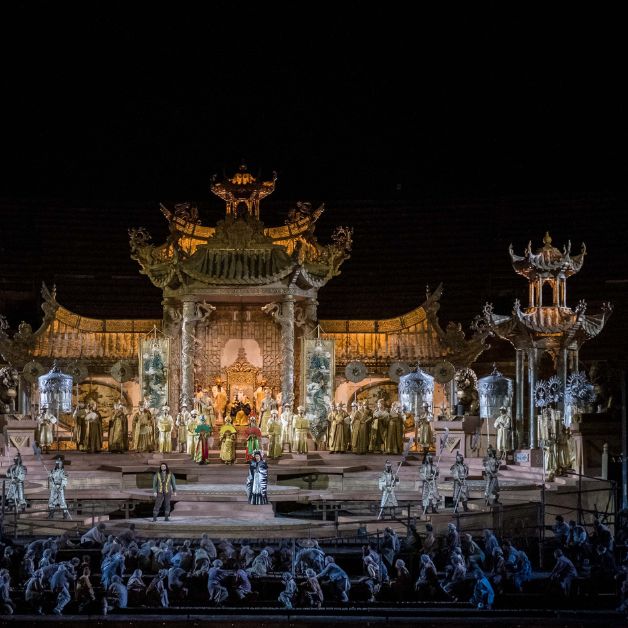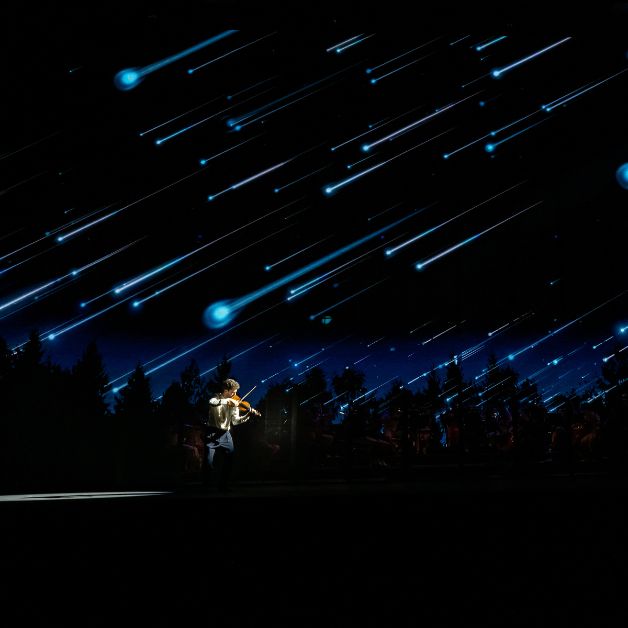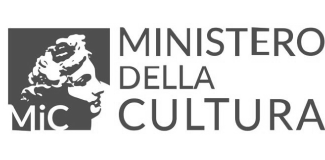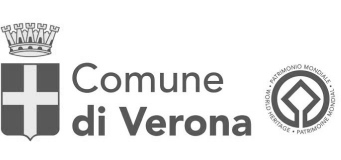tickets from €30,00
Carmina Burana
Concerto
2026
Carl Orff
About
The passionate sounds of Carl Orff’s Carmina Burana are back to light up the Arena di Verona An unmissable lyrical/symphonic date with the Arena Orchestra and Chorus at their best.
Upcoming shows
-
Thursday
at 21:30
Show castCarmina Burana 13 August 2026 - The Cast: Characters and Artists list Soprano Erin Morley Contraltista Carlo Vistoli Baritono Mihai Damian
Cast
Conductor
Orchestra and Choir
Discover more
Partner
We are working to improve your experience in the Family sector!
Tickets for the Tribune FAMILY will be back on sale on March 2nd. Thank you for your understanding.
